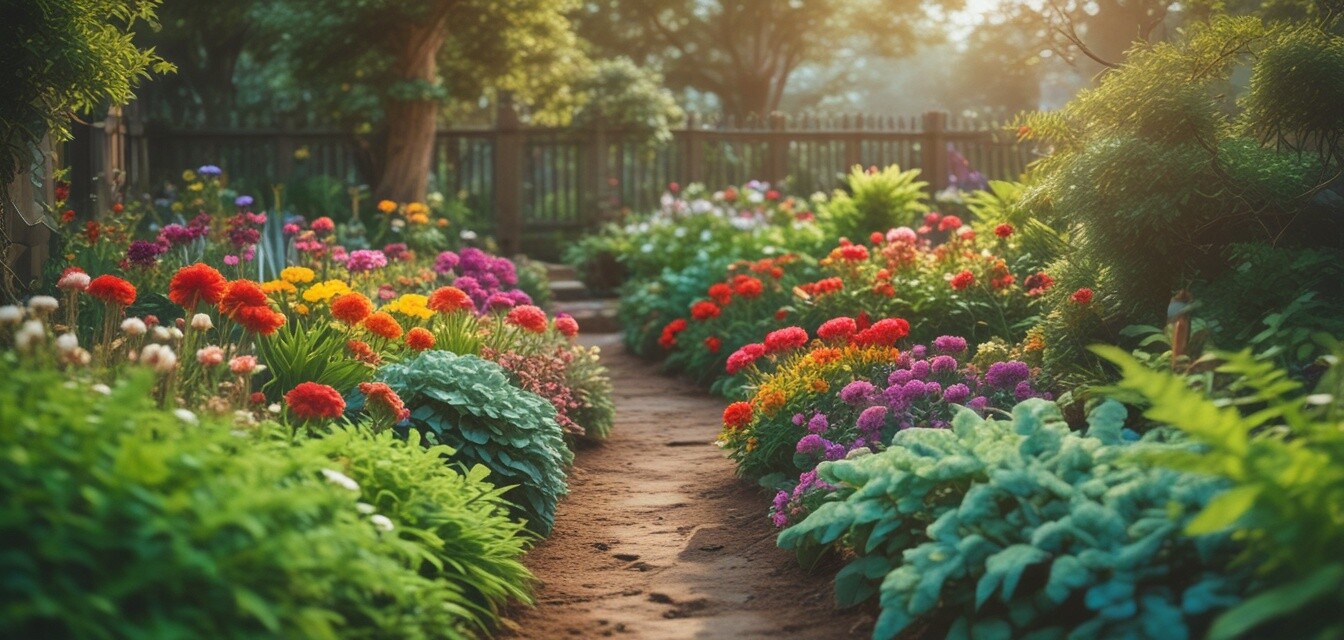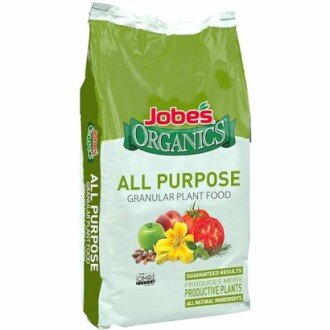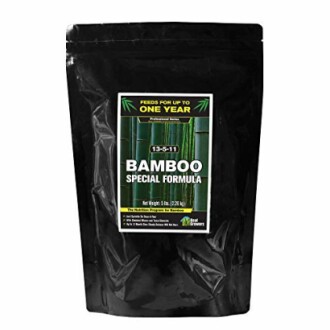
Best Practices for Choosing Fertilizers
- Understand your plants' specific nutritional needs.
- Consider different growth stages and how they impact fertilizer choice.
- Utilize organic fertilizers for eco-friendly gardening.
- Learn about NPK ratios and their importance in soil nutrition.
- Proper application techniques can enhance fertilizer effectiveness.
Choosing the right fertilizer is crucial for your garden's success. It significantly influences plant growth, yield, and health. This guide will walk you through best practices for selecting fertilizers tailored to your specific plants and their growth stages, ensuring your garden thrives.
Understanding Plant Nutritional Needs
Plants require various nutrients to grow strong and healthy. The main nutrients include:
- Nitrogen (N): Essential for leaf growth and overall plant vigor.
- Phosphorus (P): Important for root development and flowering.
- Potassium (K): Aids overall plant health and disease resistance.
Fertilizers are often labeled with an N-P-K ratio, which represents the percentage of these three nutrients. For example, a fertilizer labeled as 4-4-4 has equal parts of each nutrient, making it balanced and suitable for a variety of plants.
Why Consider Growth Stages?
Different growth stages of plants require different nutrients. Here’s a breakdown:
| Growth Stage | Nutrients Needed | Recommended Fertilizer Types |
|---|---|---|
| Seedling | High Phosphorus | Bone meal, organic starters |
| Vegetative | High Nitrogen | Granular fertilizers, composts |
| Flowering | Balanced NPK | All-purpose fertilizers |
| Fruiting | Potassium Boost | Organic potassium sources, banana peels |
Types of Fertilizers
There are two main types of fertilizers you can choose from - organic and synthetic. Each has its pros and cons, which we’ll discuss below.
Pros of Organic Fertilizers
- Environmentally friendly
- Improves soil health over time
- Reduces chemical runoff
- Promotes beneficial microorganisms
Cons of Organic Fertilizers
- May have slower nutrient release
- Often more expensive
- Shorter shelf life
Effective Application Techniques
Proper application of fertilizers can enhance their effectiveness. Here are some best practices:
- Read the label carefully to understand the recommended dosage.
- Apply during the early morning or late afternoon to avoid evaporation.
- Use a watering can or sprayer to ensure even distribution.
- Water the plants before and after applying fertilizers to enhance absorption.
Recommended Fertilizers for Various Needs
Here are two excellent fertilizers available at Elite Lawn & Garden that cater to various gardening needs:
Jobe’s Organics Granular All Purpose Fertilizer
A powerful 16 lbs bag of organic fertilizer, perfect for vegetables, flowers, and more, designed to avoid runoff and promote healthy growth.
Learn MoreBamboo Special 12 Month Control Release Fertilizer
A high nitrogen formula designed for bamboo plants, ensuring lush growth for up to a year with just one application.
Learn MoreConclusion
Understanding how to choose the right fertilizer can significantly impact your gardening success. By considering your plants' specific needs and applying fertilizers effectively, you can foster a lush and vibrant garden. Don't forget to explore various types of fertilizers and opt for quality products like those available at Elite Lawn & Garden.
Further Reading
For more information on gardening, consider checking our resources:

